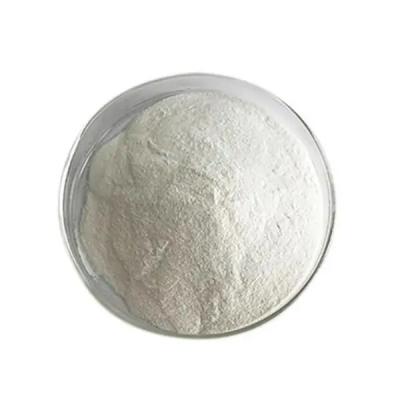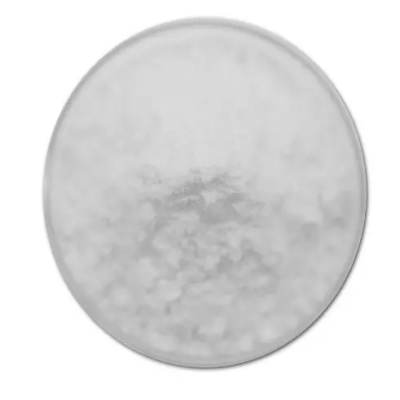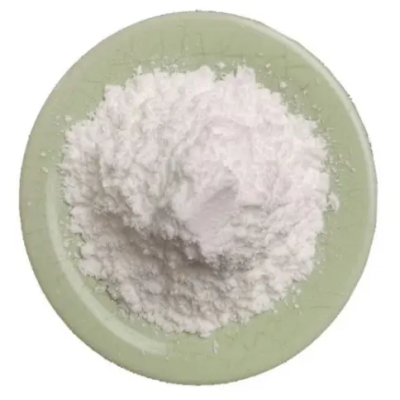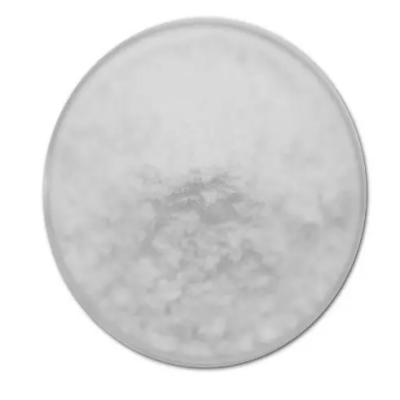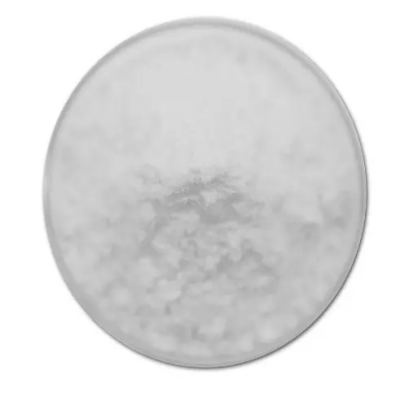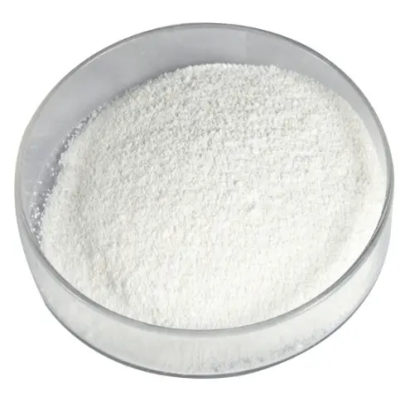Methyl Oleate CAS:112-62-9
Methyl oleate, known for its chemical structure C18H34O2, is an ester formed from oleic acid—a prevalent monounsaturated fatty acid—and methanol. This compound typically appears as a clear, colorless to pale yellow liquid with a mild, fatty odor, making it appealing for various applications across different sectors. One of the primary uses of methyl oleate is in the food industry, where it acts as a flavoring agent or food additive. It is recognized for its ability to improve the mouthfeel and overall sensory experience of food products. As a non-toxic component, methyl oleate aligns with consumer preferences for natural ingredients, leading to its incorporation into health-oriented food formulations. In cosmetics and personal care products, methyl oleate functions as an emollient, surfactant, and emulsifier. By improving the texture and stability of lotions, creams, and shampoos, it enhances product performance while providing moisturizing benefits to the skin and hair. The compound's surfactant properties also facilitate the blending of oil and water components in formulations, contributing to the overall efficacy and aesthetic appeal of cosmetic products. Another significant application of methyl oleate lies in the renewable energy sector. With the growing demand for sustainable fuel sources, methyl oleate has emerged as a potential feedstock for biodiesel production. Its properties make it suitable for transesterification processes, wherein triglycerides are converted into fatty acid methyl esters (FAME), a key component of biodiesel. The use of methyl oleate not only contributes to reducing greenhouse gas emissions but also promotes energy security through the utilization of renewable resources. Despite its many benefits, safety assessments have shown that methyl oleate is generally regarded as safe for use in food, cosmetics, and industrial applications when handled properly. However, precautions should be observed to avoid skin irritation or allergic reactions in sensitive individuals. In conclusion, methyl oleate is a multifaceted compound with significant applications across the food, cosmetics, and renewable energy industries. Its versatile properties, including its emulsifying, surfactant capabilities, and potential as a biodiesel feedstock, underscore its importance in contemporary applications, particularly in light of the increasing emphasis on sustainability and natural ingredients. As research continues, methyl oleate may find even broader applications, further solidifying its role in various sectors.



| Composition | C19H36O2 |
| Assay | 99% |
| Appearance | white powder |
| CAS No. | 112-62-9 |
| Packing | Small and bulk |
| Shelf Life | 2 years |
| Storage | Store in cool and dry area |
| Certification | ISO. |




